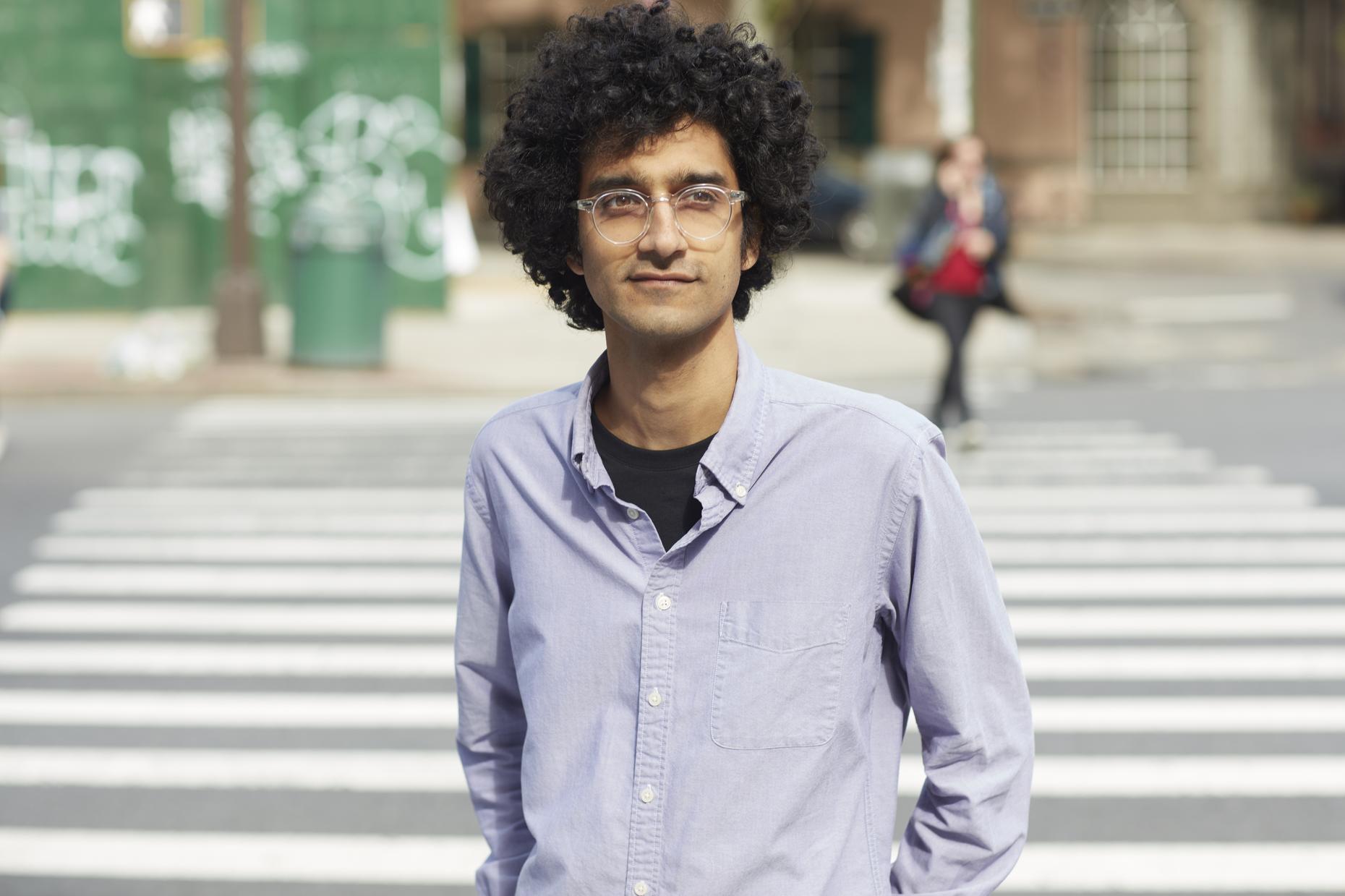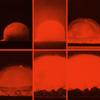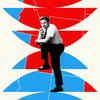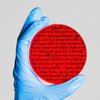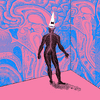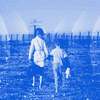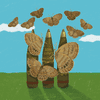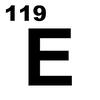Latif Nasser is co-host of the award-winning WNYC Studios show Radiolab.
Latif Nasser is co-host of the award-winning WNYC Studios show Radiolab, where he has reported stories on everything from snowflake photography to medieval robots to a polar bear who liked to have sex with grizzly bears. Earlier this year, he hosted the miniseries The Other Latif, about his Moroccan namesake who happens to be Detainee 244 at Guantanamo Bay.
In addition to his work in audio, Latif is the host and executive producer of the Netflix science documentary series, Connected. He has also given two TED talks, and written for the Boston Globe Ideas section. He has a PhD from Harvard's History of Science department.
Follow Latif on Twitter.
Shows:
Latif Nasser appears in the following:
The Age of Aquaticus
Friday, April 25, 2025
How a tiny worm that loves hot water changed the trajectory of modern science.
Forever Fresh
Friday, January 31, 2025
How hidden hormones, oracular visions, and nuclear submarine tech keeps our food fresh.
Nukes
Friday, January 24, 2025
A look up and down the US nuclear chain of command to find out who gets to authorize their use and who can stand in the way of Armageddon.
Match Made in Marrow
Friday, January 03, 2025
If you donate bone marrow, you might save a life… or you might land a starring role in the greatest story ever told.
Naming a Quasi-Moon
Friday, December 13, 2024
A look at the phenomenon of quasi-moons, and their possible names rooted in mythology from cultures around the globe.
Less Than Kilogram
Friday, November 29, 2024
In today’s story, which originally aired in 2014, we meet a very special cylinder. It's the gold standard (or in this case, the platinum-iridium standard) for measuring mass.
Radiolab Takes on the Electoral College
Friday, October 25, 2024
Radiolab’s Latif Nasser previews their latest episode, "The Unpopular Vote," which covers the history of the electoral college.
The Unpopular Vote
Friday, October 25, 2024
The closest we ever came to abolishing the electoral college and why we probably never will.
A Bug's Life
Wednesday, October 23, 2024
A mysterious tap tap tapping leads us into a world of sex, death, and head-banging. Biologist Dave Goulson introduces us to the lonely yearnings of an especially pathetic beetle and ...
Tweak the Vote
Friday, October 18, 2024
Is democracy fundamentally broken? Or does it just need a ... tweak?
Lose Lose
Friday, July 19, 2024
This episode we look at a high-profile sporting event where, thanks to a quirk in the tournament rules, the best shot at winning was … to lose.
Staph Retreat
Friday, March 08, 2024
In the war on devilish microbes, our weapons are starting to fail us. What if the only way forward is backward?
Our Little Stupid Bodies
Friday, January 12, 2024
A series of energetically uneasy investigations into the temple of our souls.
Border Trilogy Part 1: Hole in the Fence
Friday, October 13, 2023
An anthropologist finds something macabre in the desert. High schoolers challenge the Border Patrol. Part One of our Border Trilogy.
Baby Blue Blood Drive
Friday, July 08, 2022
We look at a half-billion-year-old secret: a superpower that helped this unassuming organism outlive the dinosaurs and survive all the Earth’s mass extinctions
Return of Alpha Gal
Friday, December 10, 2021
Tuck your napkin under your chin. We’re about to serve up a tale of love, loss, and lamb chops - with a side of genetic modification.
Of Bombs and Butterflies
Friday, October 15, 2021
One man’s battle, and we mean battle, to save a tiny little butterfly before it vanishes.
Oliver Sipple
Friday, October 01, 2021
In a flash of heroism and humanity, Oliver Sipple saved a life and became something he never wanted to be.
What Up Holmes?
Friday, April 02, 2021
Today, a Supreme Court mystery. How one judge changed his mind about free speech, how that changed all the rest of our minds, and whether it’s time to change our minds again.
Elements
Thursday, March 25, 2021
Scientists took about 300 years to lay out the Periodic Table into neat rows and columns. In one hour, we’re going to mess it all up.
